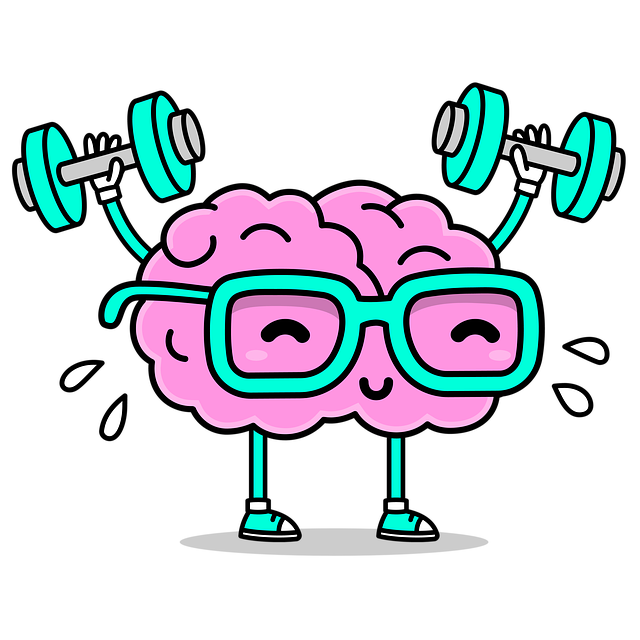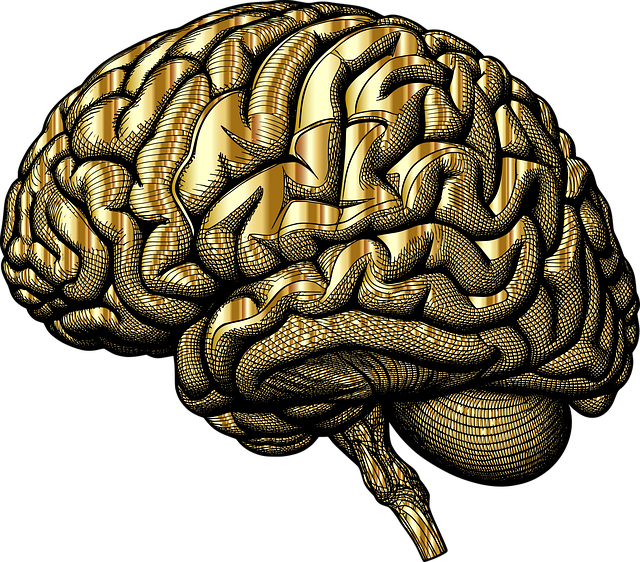Evaluating Wheat Ridge Obsessive Compulsive Disorder (OCD) therapy involves a multi-faceted approach combining structured clinical interviews, self-report questionnaires, and standardized measures. Individual and group evaluations provide tailored insights and community support, empowering clients to manage OCD symptoms. Surveys like the Beck Depression Inventory and General Anxiety Disorder 7 assess anxiety and depression levels, while OCD-specific tools gauge improvements in obsessions, compulsions, and stress management. Techniques such as Compassion Cultivation Practices are evaluated through self-report questionnaires focusing on emotional regulation and life satisfaction, enhancing program effectiveness and contributing to mental wellness research.
Mental wellness program evaluations are essential for ensuring effective support and treatment, especially in addressing conditions like obsessive-compulsive disorder (OCD). This article explores various evaluation methods for such programs, including assessment techniques that range from individual to group evaluations, the use of standardized measures, and clinical interviews. We delve into implementation strategies like monitoring program fidelity, analyzing client outcomes, and longitudinal tracking of mental health metrics. Additionally, continuous improvement strategies such as data-driven decision making and peer review processes are discussed, emphasizing the importance of integrating feedback from clients and professionals, including those specializing in Wheat Ridge OCD therapy.
- Assessment Techniques for Mental Wellness Programs
- – Individual vs Group Evaluations
- – Standardized Measures and Surveys
Assessment Techniques for Mental Wellness Programs

Evaluating mental wellness programs requires a multifaceted approach, particularly when focusing on conditions like Obsessive Compulsive Disorder (OCD). Assessment techniques play a pivotal role in understanding the effectiveness and impact of these programs. One essential method is the use of structured clinical interviews, which allow trained professionals to gather detailed information about an individual’s symptoms, behaviors, and emotional well-being. This technique, for instance, can help in diagnosing OCD and identifying specific obsessions and compulsions, which are crucial for tailoring therapy.
Additionally, self-report questionnaires and scales are valuable tools for measuring mental wellness outcomes. These assessments provide insights into an individual’s perception of their symptoms, quality of life, and overall functioning. For OCD treatment programs, such as those offered at Wheat Ridge (a hypothetical facility), these evaluations can track progress over time, highlighting areas of improvement and lingering challenges in managing symptoms related to stress, anxiety, and obsessive-compulsive behaviors. Integrating self-care routine development within the program design, coupled with mental health education, empowers individuals to proactively manage their OCD and enhance their overall well-being.
– Individual vs Group Evaluations

When evaluating mental wellness programs, a key consideration is whether to focus on individual or group assessments. Individual evaluations allow for deeper exploration of personal experiences and challenges, offering insights tailored to each participant’s unique needs. This method, often employed in Wheat Ridge Obsessive Compulsive Disorder (OCD) therapy, facilitates one-on-one attention and personalized treatment plans. By contrast, group evaluations foster a sense of community while still gathering valuable data on shared themes and progress. Techniques such as conflict resolution strategies, mental wellness journaling exercises, and communication strategies can be seamlessly integrated into both formats, enhancing the overall effectiveness of the program.
– Standardized Measures and Surveys

Standardized Measures and Surveys play a pivotal role in evaluating mental wellness programs, including those focused on Wheat Ridge Obsessive Compulsive Disorder (OCD) Therapy. These tools are designed to assess various aspects of an individual’s mental health and well-being, offering quantifiable data that aids in program effectiveness analysis. For instance, surveys like the Beck Depression Inventory (BDI) or the General Anxiety Disorder 7 (GAD-7) can measure anxiety and depression levels, providing insights into a client’s progress over time.
When implementing Wheat Ridge OCD Therapy, standardized measures can capture improvements in specific areas such as obsessions, compulsions, and stress management. Techniques like Compassion Cultivation Practices and Positive Thinking may be evaluated through self-report questionnaires that assess changes in emotional regulation, self-compassion, and overall life satisfaction. These surveys not only help therapists track individual client progress but also contribute to the broader research on effective mental wellness interventions.
Evaluating mental wellness programs, such as those offering Wheat Ridge OCD therapy, is a multifaceted process. By employing both individual and group assessments alongside standardized measures, practitioners can gain comprehensive insights into the effectiveness of interventions. This dual approach allows for personalized care while also identifying trends within the broader population, ensuring that programs remain evidence-based and tailored to address specific mental health challenges, like Wheat Ridge Obsessive Compulsive Disorder.











